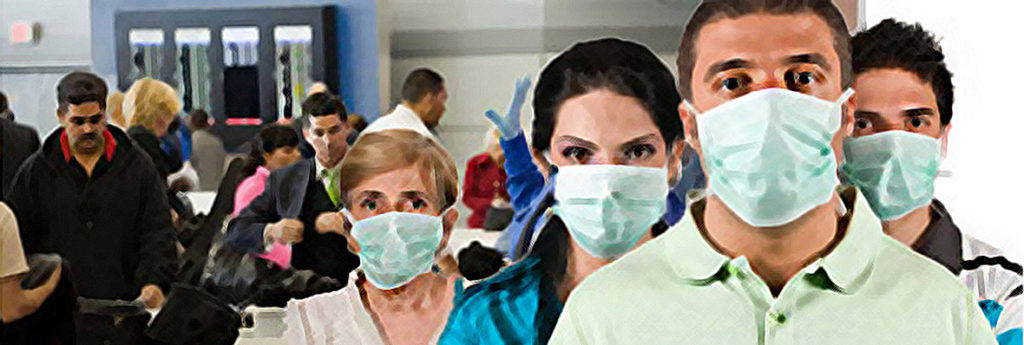Health officials in two provinces confirmed four new cases of the novel coronavirus in Canada on Saturday, but insisted the disease is not widely circulating in this country despite the influx.
The new cases – three in the Greater Toronto Area and one near Vancouver – bring the total number of confirmed or presumed COVID-19 infections in Canada to 20.
Of the Ontario cases, two women – a 34-year-old from York region, north of Toronto, and a 51-year-old from east of the city – had recently made separate trips to Iran, health officials said. A 69-year-old man, who is married to the older of the two women, had not recently travelled, so officials say it’s likely he caught the virus from his wife upon her return.
The British Columbia patient is a woman in her 60s from Tehran, Iran, who travelled to B.C. to visit family and developed symptoms a few days after arriving.
“The comforting thing is that all of these cases can be linked to travel abroad and we are not seeing any cases pop up in the community that have no linkages at all, such as the ones that you may have heard about in Germany and the United States,” said Dr. Karim Kurji, York Region’s Medical Officer of Health.
“We honestly believe that there is no virus circulating in the community as yet.”
Kurji said the patient from York Region was not wearing a face mask when she flew to Pearson Airport from Iran, with transfers in Qatar and Copenhagen.
He said his team was looking to speak with anyone who travelled business class on flight AC 883, QR 163 and QR 484 on Feb. 26. He said the woman also boarded a GO Bus after arriving at Pearson. He asked anybody who sat on the upper level of GO Bus #40 at around 3:55 p.m. on Feb. 26 to contact health officials.
“I have to emphasize that often when we do this sort of contact tracing, the individuals that we find usually do not develop symptoms,” said Kurji, adding that he still wants people who were on the bus and flights to get in touch to be safe.
“We consider the risk level (in the bus) to be much lower than a plane, there’s more ventilation, the period of travel is much less in time.”
British Columbia Health Officer Dr. Bonnie Henry said the province is focused on containment and testing, but also has a pandemic stockpile in the province in case the situation worsens.
“Here in B.C. we are still very much in our contain phase,” Henry said, noting that more than a thousand people in B.C. have been tested for the virus, resulting in eight positive test results.
B.C. Health Minister Adrian Dix said B.C. has tested more people than many other jurisdictions, including the entirety of the United States.
Officials in both provinces said some of the first people to contract the virus have fully recovered. Ontario’s Ministry of Health said three of the first people to contract COVID-19 no longer have the illness, while four people in B.C. no longer have the virus.
There have been a total of 11 reported cases in Ontario and eight in B.C. since the outbreak began. Another patient in Quebec is presumed to have the virus after receiving positive test results locally, but the diagnosis still has to be confirmed by the National Microbiology Lab in Winnipeg.

